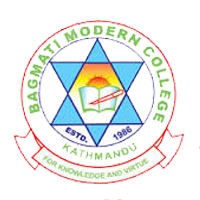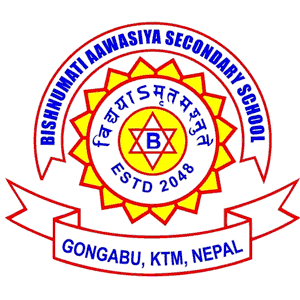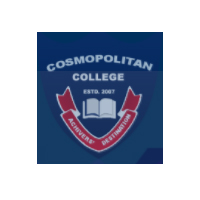Overview
Ten Plus Two (+2) Humanities at Rainbow International College (NEB)
NEB +2 Humanities at Rainbow International College guides students who want strong grounding in society, culture, and communication.
The stream follows CDC curricula for Sociology, Population Studies, Mass Communication, and allied subjects. NEB conducts the final certification.
Highlights
-
Stream: NEB Ten Plus Two (Humanities), 2 academic years.
-
Core subjects: Compulsory English/Nepali plus electives like Sociology, Population Studies, History, Mass Communication.
-
Assessment: Internal evaluation and NEB board exams under the national letter grading system.
Curriculum Details
CDC syllabi define learning outcomes, units, and exam blueprints. At RIC, common choices include:
-
Sociology (XI/XII): Core concepts, methods, social change, Nepali society, and research basics.
-
Population Studies (XI/XII): Demographic measures, population and development, Nepal-focused datasets.
-
Mass Communication & Journalism: Media systems, reporting basics, ethics, and Nepali media landscape.
-
Compulsory English: Reading, composition, and speaking for board requirements.
-
Social Studies & Life Skills Education: Citizenship, local governance, and life-skill units.
Objectives
-
Help students read society through data and field observation.
-
Build clear writing and presentation habits for reports and editorials.
-
Prepare for BA-level study in Sociology, Psychology, Journalism, or Political Science.
Scope
Humanities supports roles that rely on reading, analysis, and communication.
Students progress to BA programs and later into public administration, media houses, NGOs, or research support roles after degree completion.
Learning Outcomes
Students who complete the stream can:
-
Summarize social concepts and apply them to Nepali contexts.
-
Write exam-ready essays and structured responses that meet CDC criteria.
-
Handle basic data tables in Population Studies and describe trends for reports.
-
Present short talks or news briefs with source references.
Skill Development Modules
-
Field Note Practice: Short visits or neighborhood observations for Sociology units.
-
Editorial Writing Labs: Practice leads, headlines, and balanced arguments for Mass Communication.
-
Population Data Sheets: Simple rate calculations and chart descriptions based on CDC learning outcomes.
Teaching Methodology
Concept blocks are followed by past-paper drills.
Two to three micro-assignments per term build writing stamina. Three terminal exams and unit tests monitor progress before board exams.
Admission Requirements
-
Eligibility: SEE or equivalent recognized in Nepal.
-
Process: Application during intake; stream selection as per current NEB policy and letter grading practice.
-
Documents: SEE marksheet, character certificate, photos, ID/citizenship; additional documents if required by local authority or campus notice.
Career Opportunities
-
Media and content roles after further study (reporting, editing, digital content).
-
Social sector field assistant and data-entry roles while studying BA.
-
Public service pathways after a bachelor’s degree and competitive exams.
Scholarships and Financial Aid
-
Local-government schemes: Kathmandu Metropolitan City and other local bodies run Grade 11 scholarship programs each year with public notices.
-
Campus provisions: Merit or need-based provisions, where available, appear in intake notices with dates and required documents.
Why Choose This Course?
Students who enjoy reading, writing, and understanding people choose Humanities for structured progress.
The syllabus offers clear exam targets and recognizable outcomes across Nepal, which supports planning for BA and beyond.
Conclusion
NEB +2 Humanities at RIC centers on reading, writing, and social insight.
The college keeps teaching tied to CDC learning outcomes and NEB schedules so you can move into BA programs with confidence.























